Online HR courses from CHRMP are offered in a variety of comprehensive modules.We help you learn the skills needed to become a true HR professional who is capable of handling any situation with confidence.




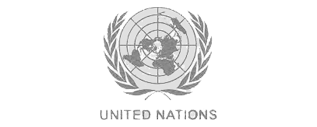

Pakistan is in South Asia on the Indian border, bordered by Afghanistan and Iran. It is a country with a population of 204.1 million people, which is the fifth-largest in the world.
Pakistan was founded as an independent nation in 1947, with the partition of British India. Its roots go back to ancient times. The climate varies from region to region since it’s situated in a large area. The major religion in Pakistan is Islam, followed by 95% of its population. The official language of Pakistan is Urdu, but the English language also has official status nationwide. Pakistan has many natural resources, including coal, petroleum, natural gas, tin ore and salt.

Pakistan is an economy with a strong agricultural base, which has recently experienced rapid growth in the industrial and service sectors.
The country has a strong agricultural base, mainly because of its fertile lands, but has seen rapid growth in the industrial and service sectors since 2009, making it one of Asia’s fastest-growing economies.
Pakistan’s main exports are rice, cotton textile goods, leather goods, sports goods and footwear, while its imports include petroleum products and wheat.
Pakistan’s economy is largely based on the export of natural resources, agriculture, and remittances. The services sector has grown considerably in recent years and makes up an important part of the Pakistani economy. CIA World Factbook data shows Pakistan has a labour force of 57.2 million, making it the ninth largest country in terms of labour. A little more than 43 percent of this labour is involved in agriculture, 20.3% in industry, and 36.6% in other services.
Pakistani culture is unique because it blends traditional values with modern ideas. With this blend, it is an interesting place to study religion, history, art, architecture and more.


Pakistan is a country with a population of over 200 million people. To be more competitive in the global market, Pakistan needs to improve its economic and social development. It is one country that has a fast-growing economy, but it’s also one country that has many problems with its economy and a large number of people living in poverty.
With the deepening of economic reform and social construction, HR certification will be more and more important for HR professionals’ future development. For any HR professional, certification is a seal of approval. It shows that you are serious about your career and have done extra work to develop your skills.
It shows that you’re committed to the profession, and it’s an achievement that separates you from other HR professionals. A certification can also provide opportunities for advancement that otherwise may not have been available.



Here’s a look at how our self-paced learning system works.You’ll see what your learning experience will be like upon enrollment.

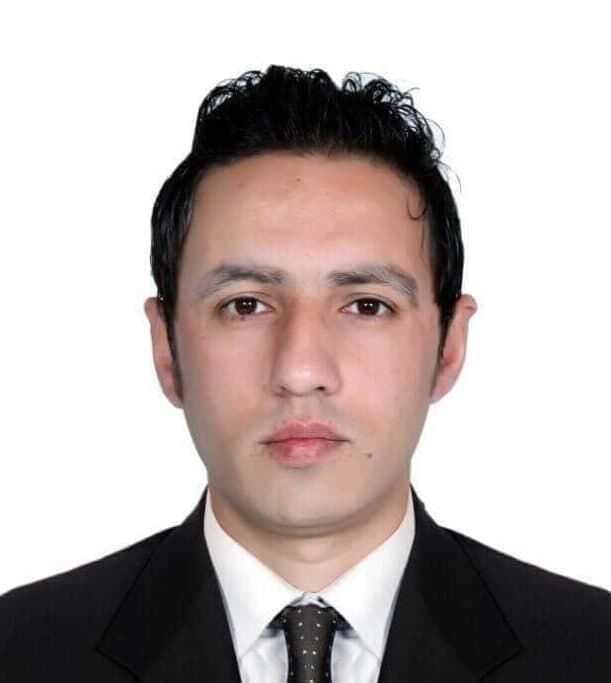





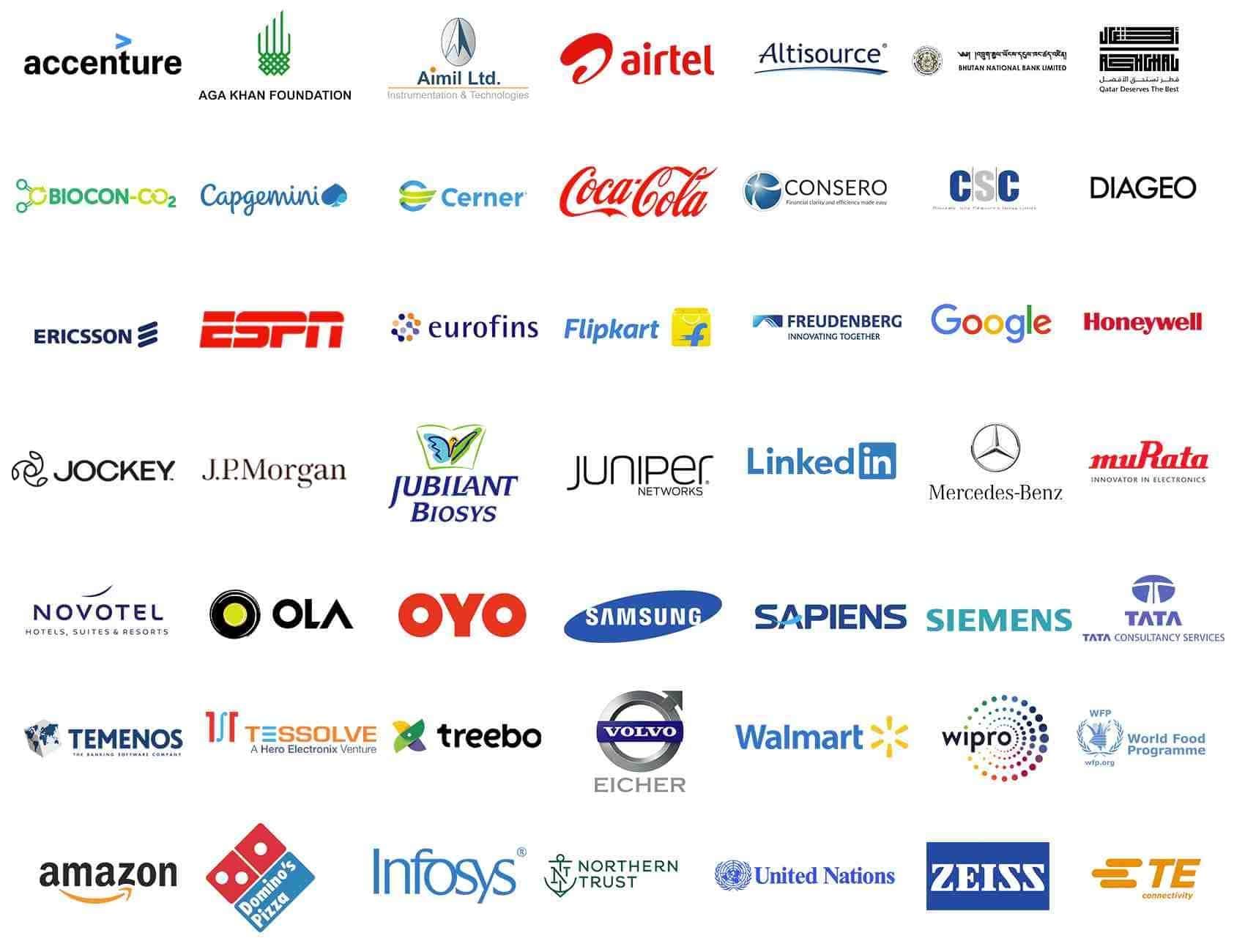
© 2007-2025 CHRMP| All Rights Reserved | Powered by Ripples Learning & Research Private Limited
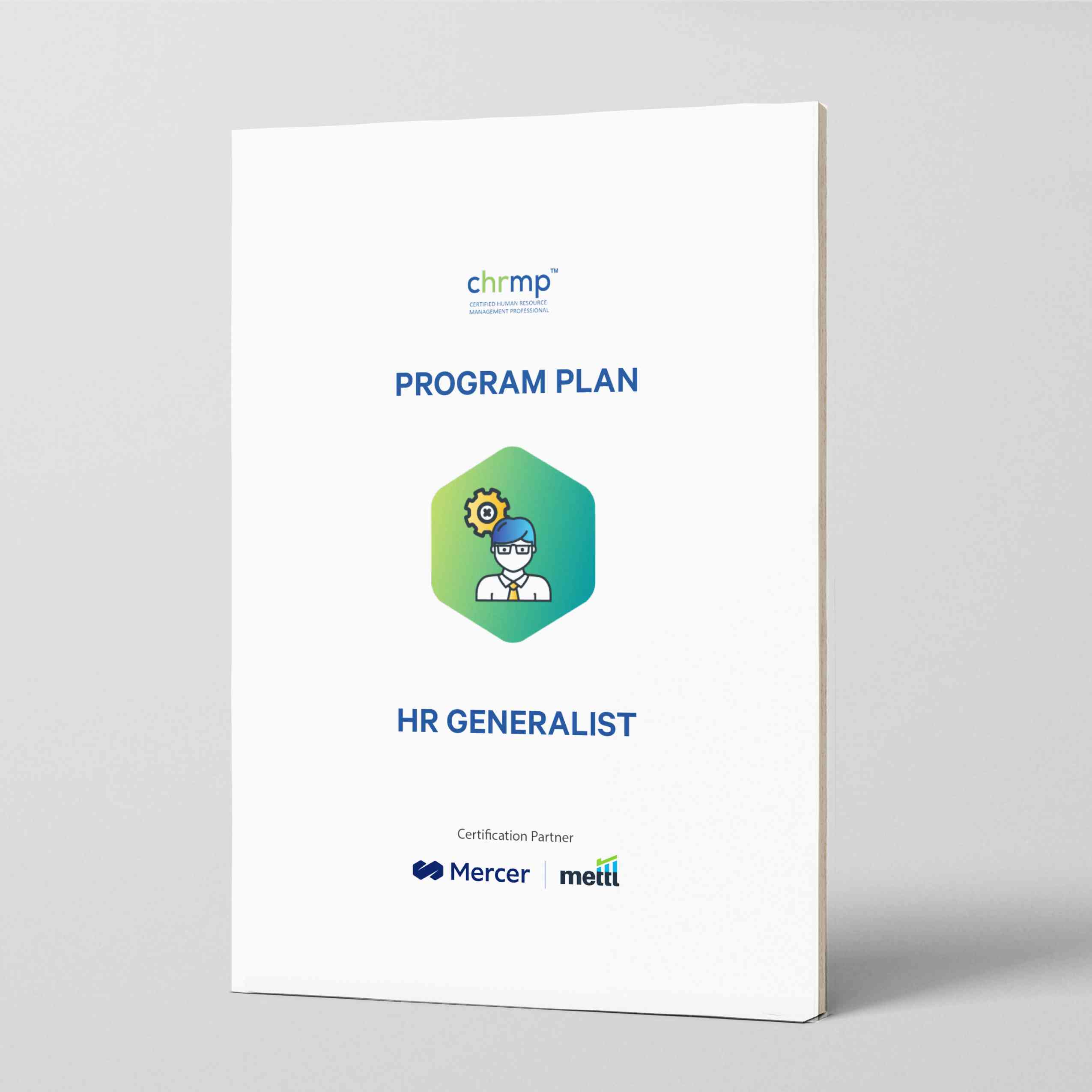
Fill in the below details to get a CHRMP HR Generalist Program Plan.
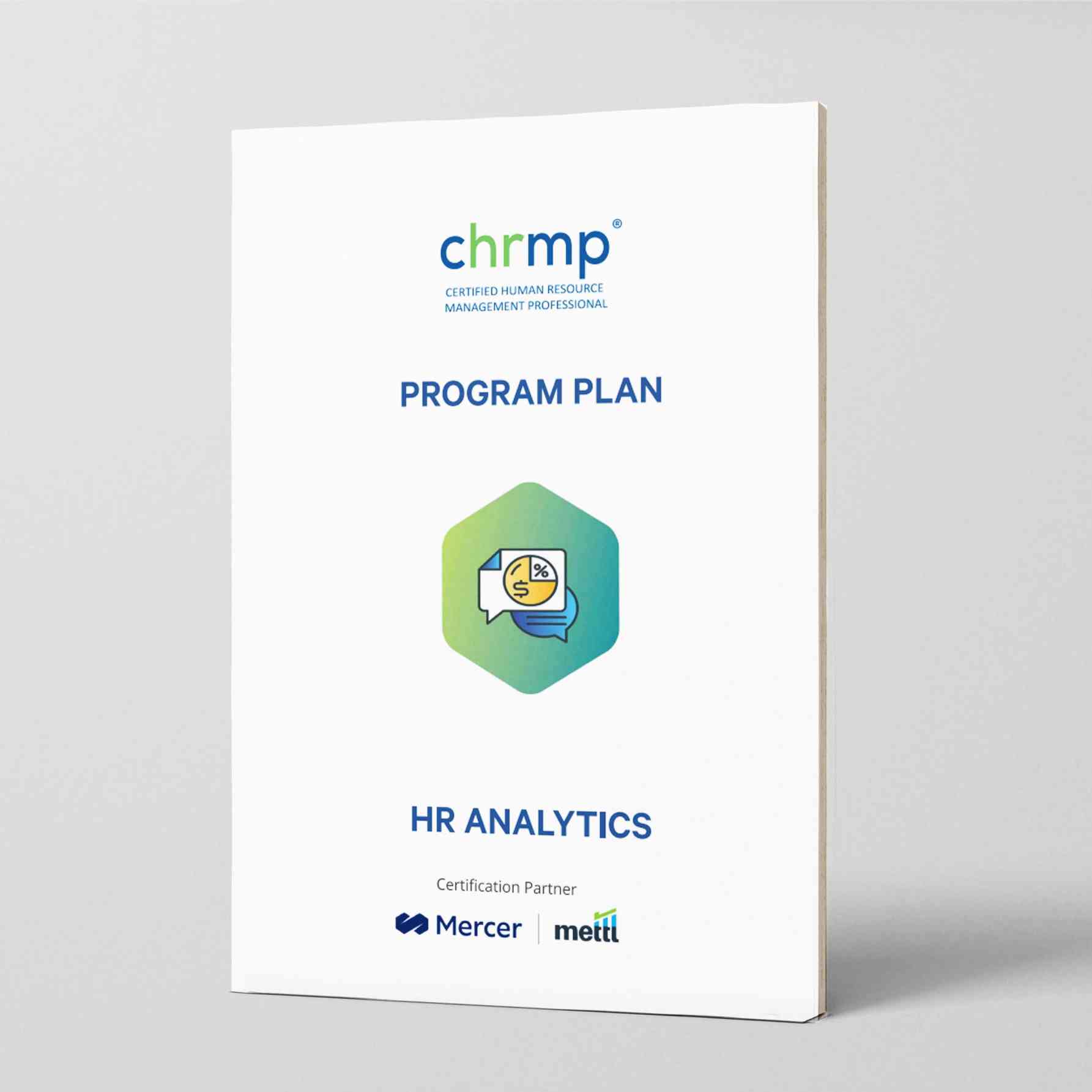
Fill in the below details to get a CHRMP HR Analytics Program Plan.

Fill in the below details to get a Talent Acquisition Program Plan.